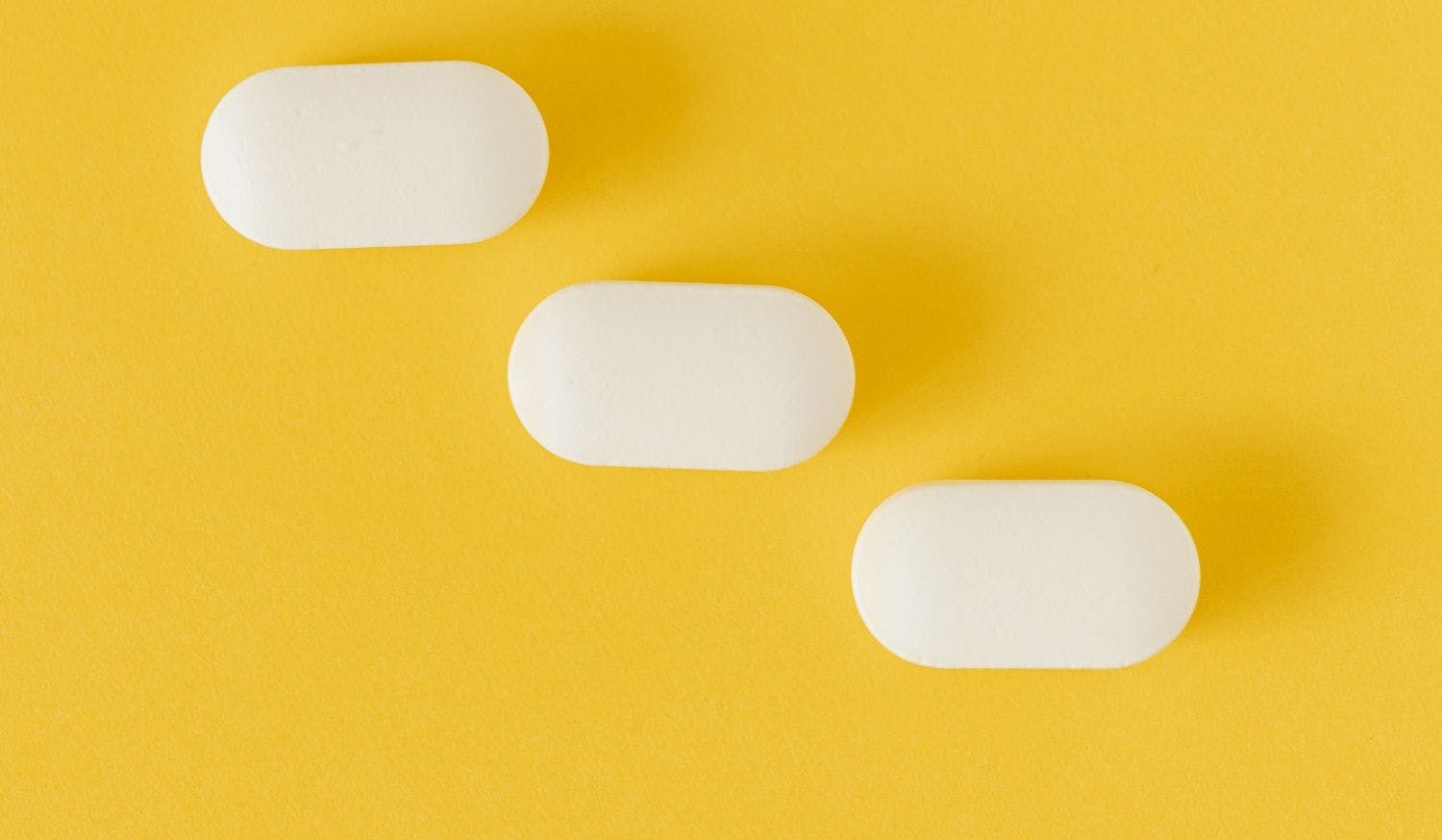Creatine: A Comprehensive Guide
Creatine is not just a supplement for muscle gain. It offers a wide range of benefits, from muscular to cardiovascular and cognitive, and even benefits for the elderly. This article debunks some common misconceptions about creatine and provides a detailed guide on how to use it safely for long-term benefits.
What is Creatine?
Creatine is a peptide, a chain of amino acids composed of Arginine, Glycine, and Methionine. It is produced in small amounts in your body, primarily in the liver, and then accumulates in the muscle and brain where it brings various benefits.
Cognitive Benefits of Creatine
Creatine has nootropic effects, improving cognitive performance and brain function. It enhances executive brain function, short-term memory, reaction speed, balance, mood, and can even reverse symptoms of brain fog. Creatine also improves mental effort when sleep-deprived and has shown to improve memory in elderly patients with just two weeks of supplementation.
Muscular Benefits of Creatine
Creatine accelerates muscle recovery, reduces muscle damage, and preserves muscle mass. It increases muscle glycogen stores, which is beneficial for those doing intermittent fasting and weightlifting. Creatine also enhances muscle strength, power, and endurance. It is particularly beneficial for older people as it helps prevent muscle mass loss.
Cardiovascular Benefits of Creatine
Creatine supplementation has been shown to reduce triglyceride and cholesterol levels. It also improves blood flow in the forearms and calves, which is indicative of good cardiovascular health.
Testosterone Benefits of Creatine
When combined with strength or muscular endurance training, creatine can increase testosterone levels. This is particularly important in a world where low testosterone levels are increasingly common.
Bone Health Benefits of Creatine
Creatine indirectly benefits bone mass and density. The more muscle, the more bone density. In menopausal women with hip and knee arthritis, creatine supplementation improved joint function and helped maintain muscle, leading to better quality of life.
Frequently Asked Questions about Creatine
- Do I need to cycle creatine? No, there is no evidence to support the need for cycling creatine.
- Is there a better time of day to take creatine? Yes, taking it right after training leads to a faster increase in muscle mass. However, avoid taking it at night as it could disrupt sleep.
- Does creatine cause fluid retention? In high doses, yes. But not at the standard dose of 5 grams per day.
- Does creatine cause kidney damage? In healthy people without kidney damage, creatine is safe even at constant doses for years.
- Are there natural sources of creatine? Yes, products of animal origin are the richest in creatine.
Conclusion
Creatine is one of the most comprehensive and economical supplements to use, offering cognitive, testosterone, cardiovascular, and muscular benefits. These benefits collectively lead to a higher rate of resting metabolism, which can help maintain your ideal weight.
For more information, consult with a Nutrition Expert for customized advice.
